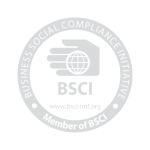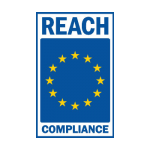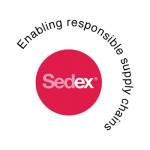Corporate social responsibility
Our own processes as well as those of our supply chain partners operate in order to meet responsibilities in the areas of human rights, labour, anti-corruption and the environment.

BSCI
The Business Social Compliance Initiative (BSCI) is a leading supply chain management system that supports companies to drive social compliance and improvements within the factories in their global supply chains. BSCI implements the principle international labour standards protecting workers’ rights such as International Labor Organization (ILO) conventions and declarations, the United Nations (UN) Guiding Principles on Business and Human Rights and guidelines for multinational enterprises of the Organization for Economic Co-operation and Development (OECD).
All production and assembly factories we work with need to comply with the BSCI code of conduct and need to cooperate with audits we ask external accredited, experienced and independent auditing companies to do in their facilities.

REACH
REACH (Registration, Evaluation, Authorisation and Restriction of Chemicals) is a regulation of the European Union, adopted to improve the protection of human health and the environment from the risks that can be posed by chemicals.
The REACH regulation details the restriction on certain dangerous substances in products which are placed on the EU market. Currently, there are 59 categories of restricted substances on the Restricted Substances List (RSL), also called Annex XVII, involving more than 1,000 substances. Products that contain any of the chemicals listed on Annex XVII are not allowed to be put on the European market.
Next to the RSL or Annex XVII, there is another list called SVHC, listing Substances of Very High Concern. Every EU member state can put substances on that list. A special EU committee decides whether some substances get an ‘upgrade’ to the RSL list. Its inclusion in the SVHC or candidate list creates certain legal obligations for every importer, producer and supplier of an article that contains such a substance.
All products we develop and produce do comply with the REACH regulation. No banned chemicals (Annex XVII) or SVHC chemicals are being used in the products we develop. We conduct multiple tests on every new production and every six months on existing products.

SEDEX
We are a proud member of Sedex. It stands for Supplier Ethical Data Exchange. A non-profit organization consisting of companies who wish to address ethical and responsible supply chain issues in their supply chain. Sedex’ web-based database enables us to share ethical data, such as ethical audit reports, with our customers. Being transparent and contributing to sustainable improvement along the supply chain are two main reasons for us to endorse the basic principles of Sedex.
We do work with Sedex audited factories, using the Sedex Members Ethical Trade Audit or SMETA. There are two types of audit under SMETA: the 2 pillar audit and the 4 pillar audit. The 2 pillar audit comprises of labour standards and health & safety. The 2 pillar audit has requirements for the environment, but this is based on the law of the country. The 4 pillar audit comprises of an additional two areas: environment and business integrity.


